HotSpots H2O, May 29: Year After Siege, Water Shortages Linger in Philippines City
The Rundown
In May 2017, a battle between Islamic State-linked militants and the Filipino government broke out in Marawi City, Philippines. The siege lasted for five months and displaced 360,000 people. A year later, many returnees and evacuees are still without basic amenities, including water and sanitation. Much of the city’s infrastructure is damaged or destroyed, and evacuation centers–where thousands continue to reside–have limited water supplies.
“Efforts to rehabilitate Marawi and assist its people must be stepped up to reduce the suffering of thousands of those who were displaced over the past year…The pending issues concerning the transitional site such as lack of regular supply of water and absence of proper sewage collection and treatment should be resolved soon.” –Pascal Porchet, head of the International Committee of the Red Cross (ICRC) delegation in the Philippines, discussing inadequate water and sanitation in the evacuation centers surrounding Marawi. Aid groups such as the ICRC continue to play an integral role in providing basic services to those displaced by the crisis.
By The Numbers
230,000 People who remain displaced after fleeing the conflict in Marawi a year ago. Although some live with friends and family, many dwell in makeshift camps at evacuation centers.
65,000 People displaced from the hardest-hit area of Marawi, where many buildings were reduced to rubble. Reconstruction will likely take two to three years.
4 Delivery trucks that bring water to Marawi’s evacuation centers. There were 73 such centers as of October 2017.
1,132 People who were killed during the five-month battle for Marawi, including 920 militants, 165 soldiers, and 47 civilians.
On The Radar
Reconstruction efforts are underway in Marawi, including recovery of the city’s devastated water system. The ICRC recently donated two generator sets to the Marawi City Water District (MCWD), providing the city with a fallback in the event of a power outage. A three-month study analyzing Marawi’s water system also began in April. According to the MCWD, the study will play a crucial role in rebuilding the city’s water network.
Resources and Further Reading
Humanitarian Bulletin: Philippines (Relief Web)
Marawi conflict: One year on, longing and uncertainty for displaced families (ICRC)
Philippines: ‘Battle of Marawi’ leaves trail of death and destruction (Amnesty International)
Philippines: Focus on delivering clean water for Marawi evacuees and returnees (ICRC)
Kayla Ritter is a recent graduate of Michigan State University, where she studied International Relations and Teaching English to Speakers of Other Languages. She is currently based in Manton, Michigan. Kayla enjoys running, writing, and traveling. Contact Kayla Ritter

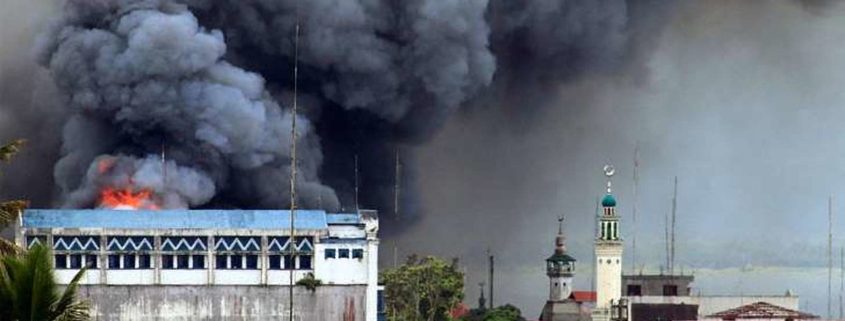

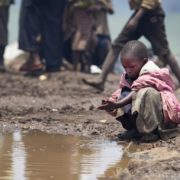
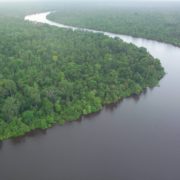
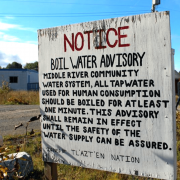
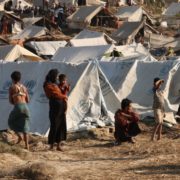
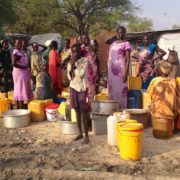
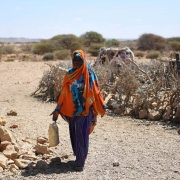


Leave a Reply
Want to join the discussion?Feel free to contribute!